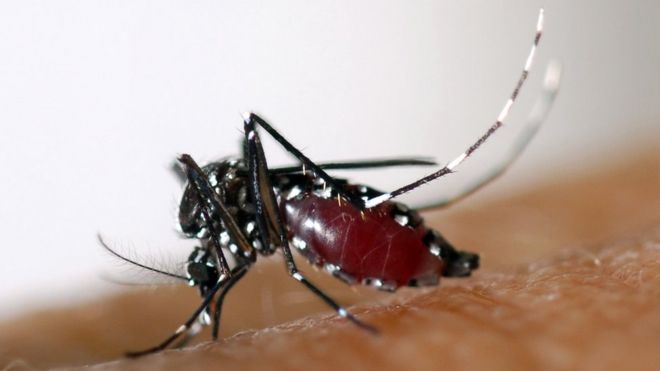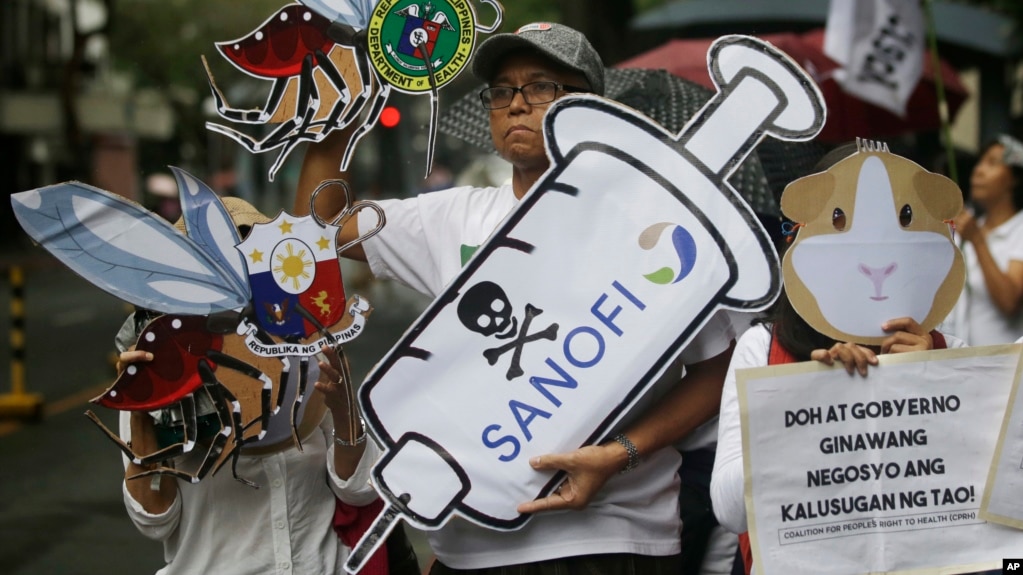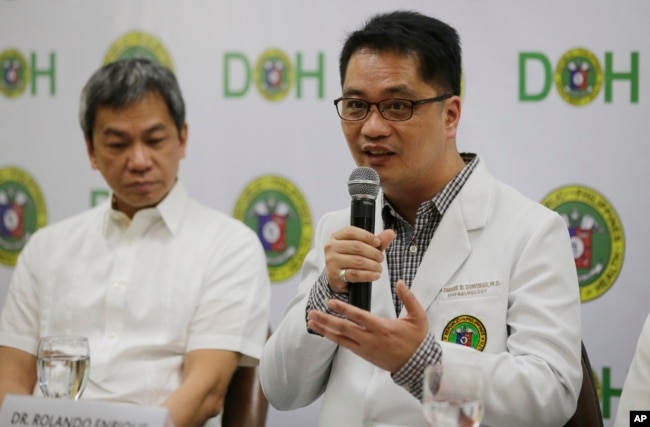MindWars
Diamond Member
- Oct 14, 2016
- 42,227
- 10,777
- 2,040
- Banned
- #1
Vaccine Maker Warns Dengue Vaccine Can Cause Severe Dengue
Vaccine manufacturer Sanofi Pasteur announced Wednesday that a dengue vaccine already distributed to hundreds of thousands of schoolchildren could instead cause more severe cases of the disease in people who were not already infected.
------------------------------------------------------------------------------------------
View attachment 163659
Vaccinated Filipino youth now at risk of getting severe dengue
----------------------------------------------------------------------------------------------------------------
But hey keep getting those vaccines because people dying and getting sick is just a freaking conspiracy right people just make that shit up. LOL

Sanofi updates information on dengue vaccine
http://mediaroom.sanofi.com/sanofi-updates-information-on-dengue-vaccine/
Vaccine manufacturer Sanofi Pasteur announced Wednesday that a dengue vaccine already distributed to hundreds of thousands of schoolchildren could instead cause more severe cases of the disease in people who were not already infected.
------------------------------------------------------------------------------------------
View attachment 163659
Vaccinated Filipino youth now at risk of getting severe dengue
----------------------------------------------------------------------------------------------------------------
But hey keep getting those vaccines because people dying and getting sick is just a freaking conspiracy right people just make that shit up. LOL
Sanofi updates information on dengue vaccine
- New analysis of long-term Dengvaxia® data found differences in vaccine performance based on prior dengue infection
- Company will ask regulators to update product label to reflect new information
http://mediaroom.sanofi.com/sanofi-updates-information-on-dengue-vaccine/



